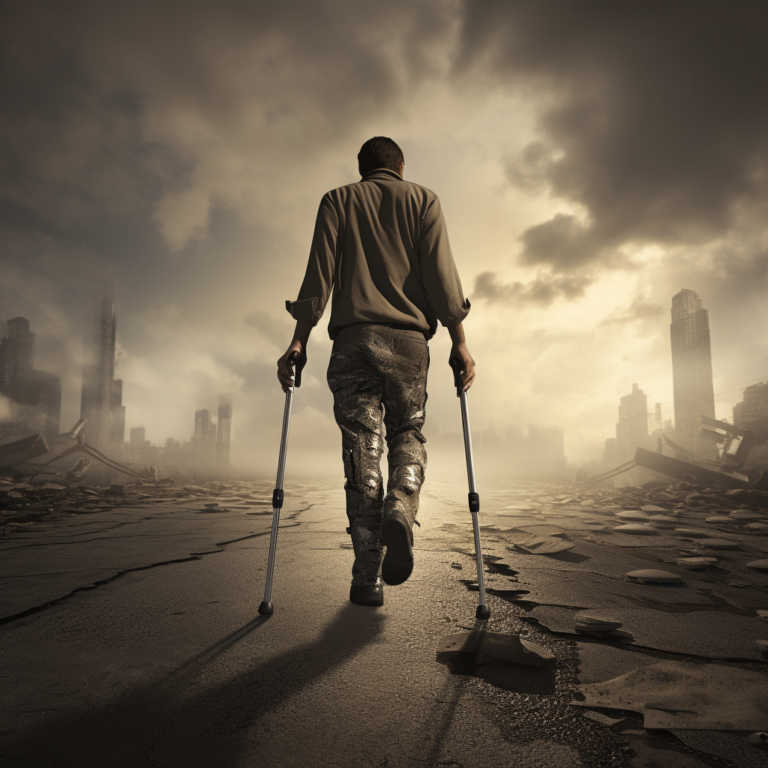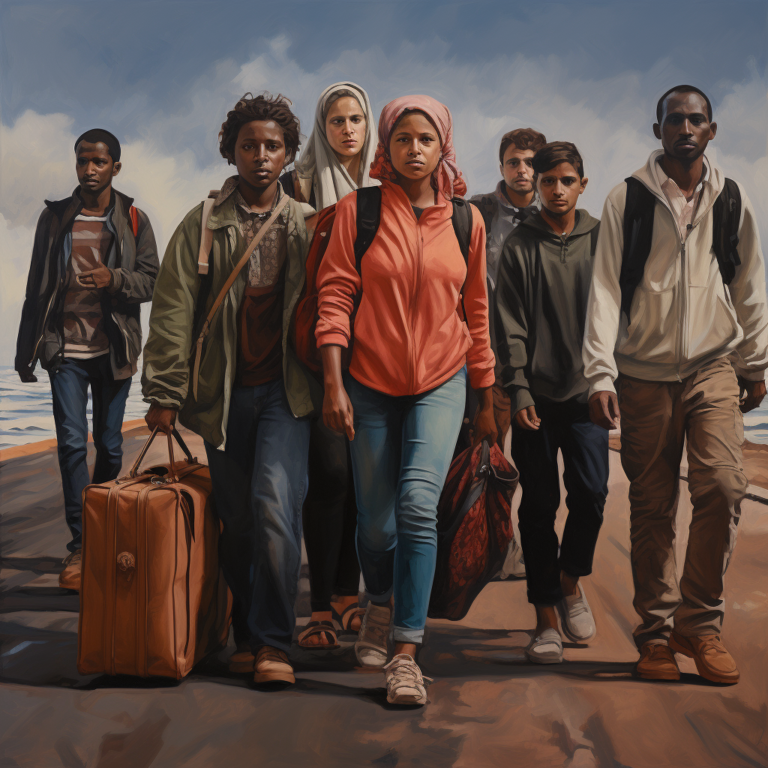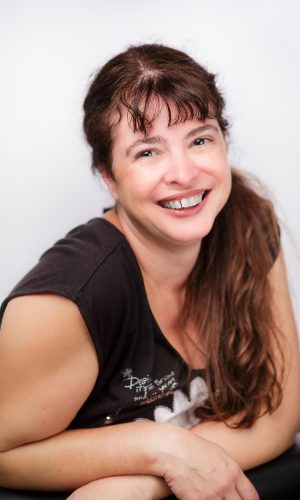To be Woke or not to be...
That is the question
The Woke ideology, a new american school of thought very popular in many Western countries, that preaches the awakening of our consciousness concerning our behavior towards other human beings and nature by imbuing them with respect, love and compassion, is incredibly attractive. However, this concept becomes much less so when it merely serves to check a new marketing box, when benevolence is replaced by “right thinking” and its new rules of life proclamed by a handful of people who think they hold the one and only Truth.
If some of us fancies a new way of looking at the world, more inclusive lifestyles in line with who we are as human beings, and tries, by all the means at their disposal, to wake up their hypnotized by screens fellows, partly by broadcasting on the aforementioned screens contents infused with reflection on respect and tolerance, these contents are unfortunately often more moralizing than empathetic, richer in guilt than food for thoughts.
Instead of carrying values such as “let’s enrich one another with our differences”, “let’s pay attention to our daily actions impact on the planet” and “let’s think about a new ecological and social economy” – i.e. the development of “clean” technological innovations that generate employment – these messages most often relate to sterile principles such as “it is not respectful to make humor about a minority to which you do not belong” – this implies that the aforementioned minority does not have enough perspective on itself to laugh at its own flaws, a point of view which seems to me very insulting towards this community – or even “we must ban gasoline cars and force people to drive electric ones” – with highly polluting batteries which we will get rid of in India or Bangladesh and which will contaminate nature and the populations there (but who cares as long as it’s not our home country!) and electricity produced with nuclear energy or coal-fired power plants which are highly harmful to our planet – …
As far as screen messages are concerned, I like to think, alongside some sociologists, that the fact that a black actor, Dennis Haysbert in this case, played a President of the United States in the series “24” helped the election of Barrack Obama to this position a few years later. If, in the same way, in France, Jacques Chirac was helped, quite unintentionally on the authors’ part, to be elected thanks to the likeability of his character in “Les Guignols de l’Infos” (French equivalent of “Spitting Image”), it tends to make me smile. When fiction and humor help to change mentalities – even though I am not sure that we can talk about changing mentalities regarding Jacques Chirac’s election – in a good way without proselytizing but by simply offering a different perspective on the world with no judgment or moralization, it works.
Likewise, the “cool” characters in the 1970s and 1980s movies and series were generally smokers, which mechanically encouraged young people of that era to smoke to be as cool as them. Therefore, there is no doubt that banning cigarettes from cinematographic and television dramas over the last 30 years has greatly helped to eradicate the health scourge that smoking represented by building new cigarette-free models whom youngsters can identify with.
And this is where problems begins for me when it comes to the way series and films currently present homosexuality nowadays. For more than 15 years now, series have regularly included gay men and women in their storylines, which I obviously find more than relevant because everyone must be able to feel represented in the society in which they live and, by extension, to be able to identify oneself in the mirror reflection of its fictions. However, in recent years, the vision of homosexuality in these fictions is unfortunately less and less related to homosexual reality. Indeed, out of nowhere in terms of character’s construction, very regularly, female characters become, virtually overnight, according to the whims of the screenwriters, bisexual; from one episode to another, they go out with men, then fall in love with a woman and then leave again with a man… Strangely, this sudden change in sexual orientation never happens to male characters who are either heterosexual or homosexual never both, like this is generally the case in real life. I deduce from this vision of sexuality matching an actual trend of pseudo inclusive sexual and moral liberation that it is more linked to a recurring sexual fantasy of male screenwriters than to a real societal statement. In the current #MeToo period, I find this treatment of female homosexuality extraordinarily misogynistic.
However, in itself , this matter might not be that disturbing, after all, because it is only fiction, except that, as stated above, fictions are not merely fictions and have an influence on the evolution of mentalities ; what these characters show is that, as many homophobic and religious communities advocate, homosexuality is a choice of sexual orientation and not the way some of us are born. Most gay people, men or women, just like heterosexuals, are not bisexual and this way of representing them opens the door to and justifies certain currents of thought – and their awful deviations – which advocate that it is possible to change one’s sexual orientation provided one simply wants to.
Likewise, the overrepresentation of the homosexual community in fiction can have the opposite effect to that desired, namely a more inclusive society representation. Indeed, more and more regularly and, once again, for the same reasons stated above, only affecting female characters, in stories narrating teenage dramas, the archetypal characters of BFFs almost systematically end up french kissing each other at one point and, even though this is an age of sexual exploration, we are very far from the reality experienced by most teenage girls: it never occurred to me to give a french kiss to my middle school or high school girl friends even if we liked ostentatious demonstration of affection such as hugs or hand-in-hand walks.
Therefore, suddenly, it’s the heterosexual woman in me who no longer feels represented in all these fictions. Furthermore, I am not sure that this representation is a relevant model for teenage girls who, in search of identity, will have difficulty identifying with it and ask themselves if it’s normal not to want to kiss her best friend on the mouth.
Furthermore, this character treatment unrelated to reality meets the unfair criteria of quotas: we integrate Black, Middle East or homosexual characters into our stories because we, white and/or heterosexual screenwriters, are obliged to do so in order to stick to the zeitgeist or right-thinking societal injunctions, rather than build these characters around their own identity and the strength and weakness linked to their “difference” to add richness to the fiction; the artificiality that it creates, linked to the shadow of Woke ideology, irritates me, and probably others like me, because of the obsessive recurrence of these phony characters in series. This annoyance, though very innocuous on my part because I know where it comes from, might end up in the long term within our societies having an effect of rejection of the gay community, whereas the initial idea , if it were driven by values – difference as a vector of enrichment for everyone – rather than principles – “homophobia is a bad thing” –, would be able to bring about a gentle change in mentalities and allow us to move towards a more egalitarian and inclusive society.
It is important for a society to be proud of all its individuals and to be able to integrate them all into its fictional representations in a fair and intelligent way. We are collectively responsible for the models of society that we wish to give to our members and children and the more or less ideal image that we wish to project. Instead of doing things out of obligation while respecting political correctness, let’s get interested in one another’s differences to give those representations depth and meaning.

The Civilization
What are the criteria to know if we are still civilized people? If not, what can we do better?

The Other One
Why do we fear so much other human beings just because they are different from us?

Endorsing full responsability
Why do we fear so much to do things the wrong way? And what would really happen if we did?

You need guidance ?
I am here for you.